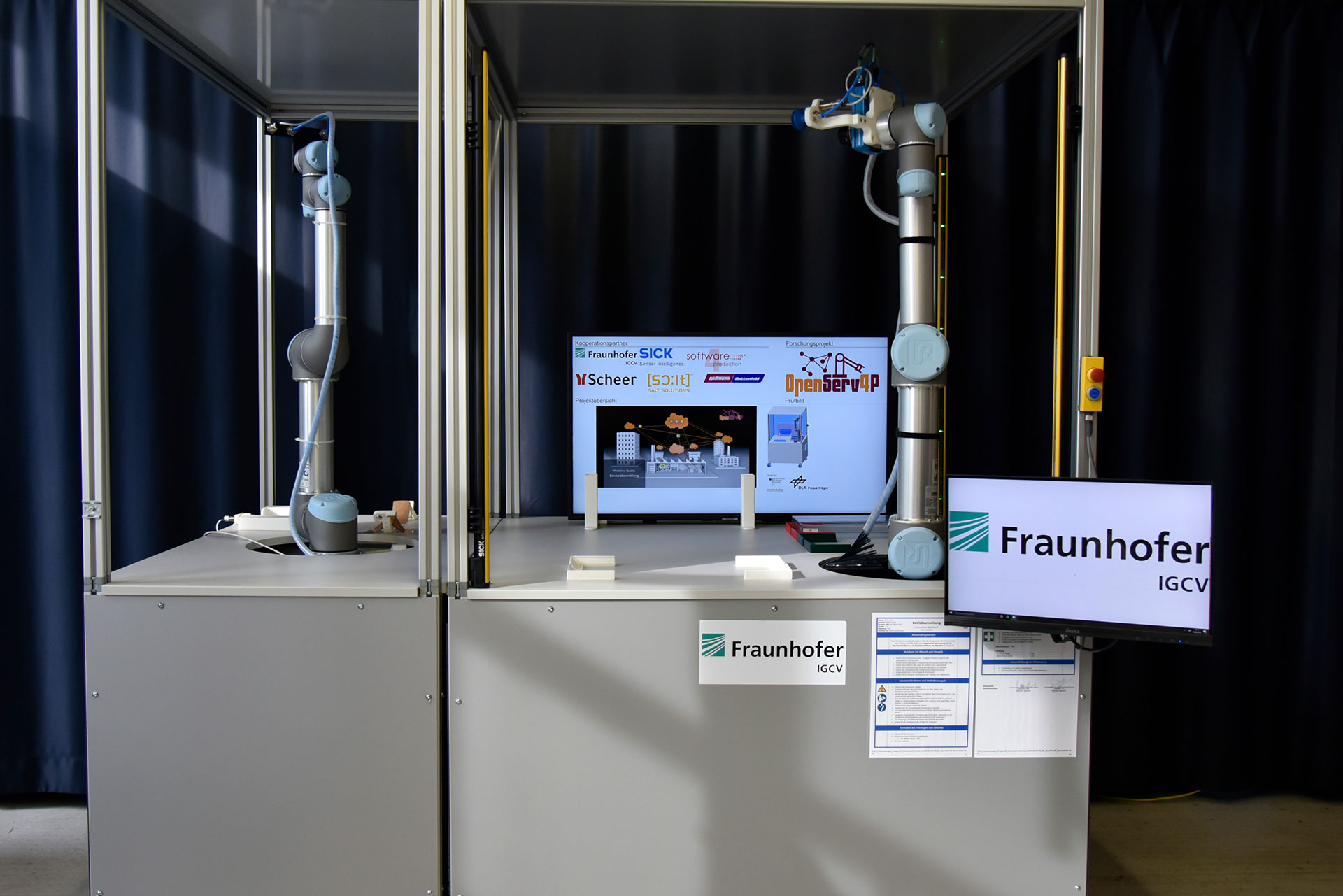Efficient and effective production thanks to intelligent services
In order to maintain the status of a leading industrial nation in the future, manufacturing companies in Germany continue to concentrate on the production of high-quality and highly functional goods. At the same time, various megatrends, such as globalization, climate change or the dynamization of product life cycles, are constantly and sustainably changing conditions and markets for industrial production in Germany. In stagnating markets, the number of product variants has been increasing for several years while sales have remained the same.
Companies can compete successfully in the international arena if they achieve market-relevant differentiation from their competitors by expanding their range of services. The OpenServ4P project developed intelligent services for production to increase the efficiency and effectiveness for added value.
